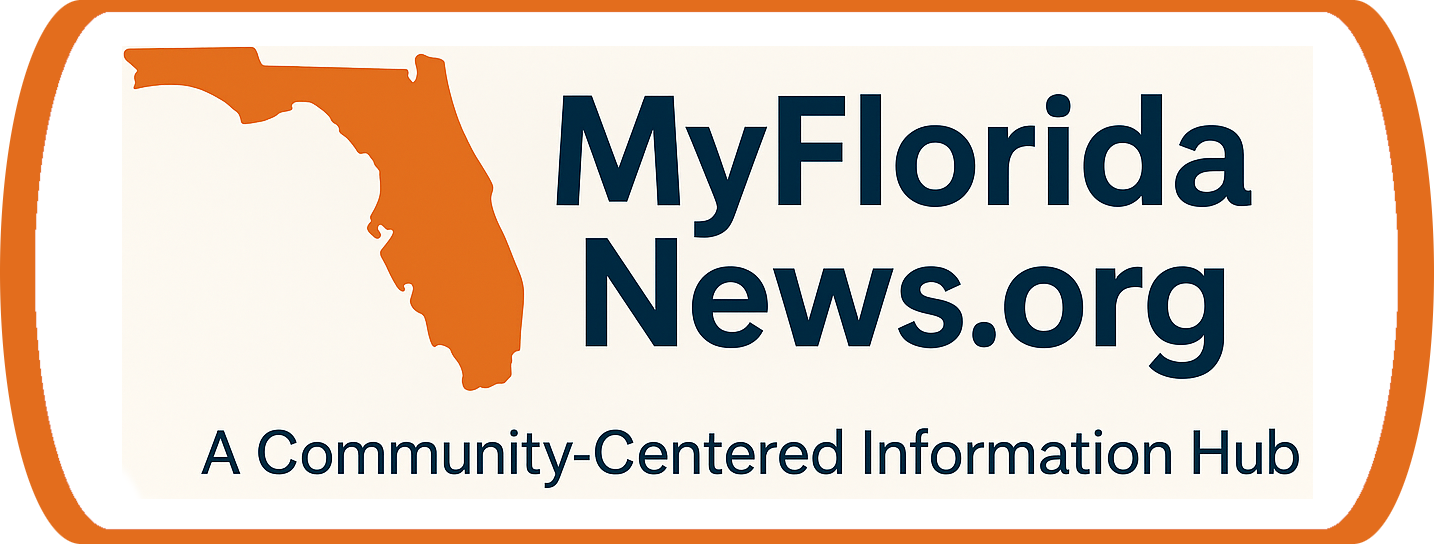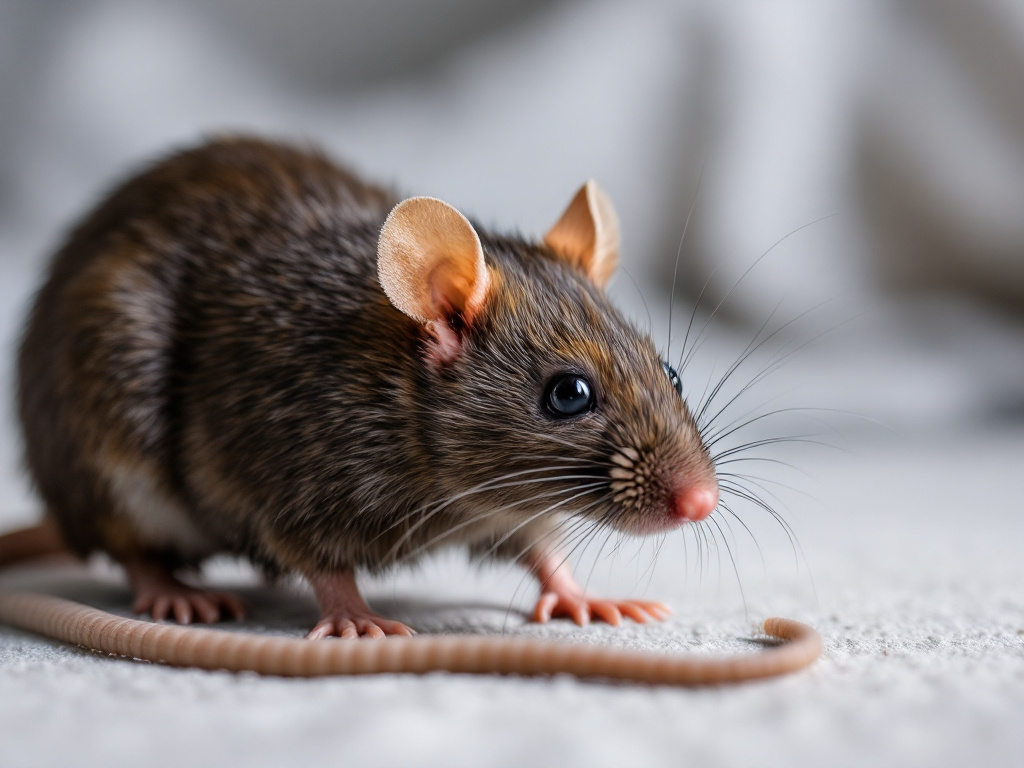Image generated by flux-ai.io & content generated by ChatGPT Version 4o-mini
What Walton Residents Need to Know About the Rat Lungworm
Walton County, with its lush landscapes and abundant agriculture, is a beautiful place to live, but it also faces unique environmental challenges. One such challenge is the spread of a parasite known as rat lungworm (Angiostrongylus cantonensis). This parasite might sound unfamiliar, but it’s essential for our community to be aware of its potential health risks, especially as it has been detected in Florida since 2003.
What is Rat Lungworm?
Rat lungworm is a type of roundworm that primarily infects rats. The adult worms live in the rats’ brains, but the real danger to humans comes from the larvae. When people accidentally consume these larvae—often found in raw or undercooked snails, slugs, or contaminated vegetables—they can develop a condition called eosinophilic meningitis. This is an inflammation of the protective membranes covering the brain and spinal cord, which can cause severe headaches, fever, nausea, and even more serious symptoms like paralysis or vision problems.
How Does It Get to Humans?
The life cycle of rat lungworm involves several steps. It starts when a rat eats a snail or slug that carries the larvae. The larvae then mature inside the rat and eventually get excreted back into the environment through the rat’s feces. Snails and slugs pick up these larvae, and the cycle continues. In Walton County, where gardening and agriculture are common, it’s crucial to be aware of how these parasites can hitch a ride on your fresh produce.
Local Relevance: Gardening Safely
If you’re a Walton resident who enjoys gardening or buying local produce, there are steps you can take to protect yourself and your family. Here are some practical tips:
-
Thoroughly Wash Vegetables: Make sure to rinse all vegetables, especially leafy greens, under running water. If you spot any snails or slugs, remove them immediately.
-
Cooking is Key: Heat kills the larvae. Always cook snails, slugs, or any seafood that might come into contact with contaminated water.
-
Educate Your Family: Talk to family members, especially young children or those involved in 4-H programs, about the risks of consuming raw garden produce without proper cleaning.
-
Consider Integrated Pest Management: Implement pest management practices that minimize the use of chemicals, which can lead to healthier produce and reduce the risk of contamination.
The Bigger Picture
While rat lungworm might seem like a distant problem, its presence in Florida highlights the importance of public health awareness and education. The rise of this parasite is linked to our changing environment, including climate factors that can expand the habitats of both rats and the snails they depend on. Here in Walton County, with our growing population and agricultural activities, understanding this parasite could prevent potential health issues.
As the community continues to thrive and expand, staying informed about the local ecosystem’s challenges—like rat lungworm—can help ensure the health and safety of all Walton residents. A little knowledge and precaution can go a long way in keeping our community safe.
References
EENY570/IN1007: Rat Lungworm Angiostrongylus cantonensis (Chen, 1935) (Nematoda: Strongylida: Metastrongylida). (n.d.). Ask IFAS – Powered by EDIS. https://edis.ifas.ufl.edu/publication/IN1007

